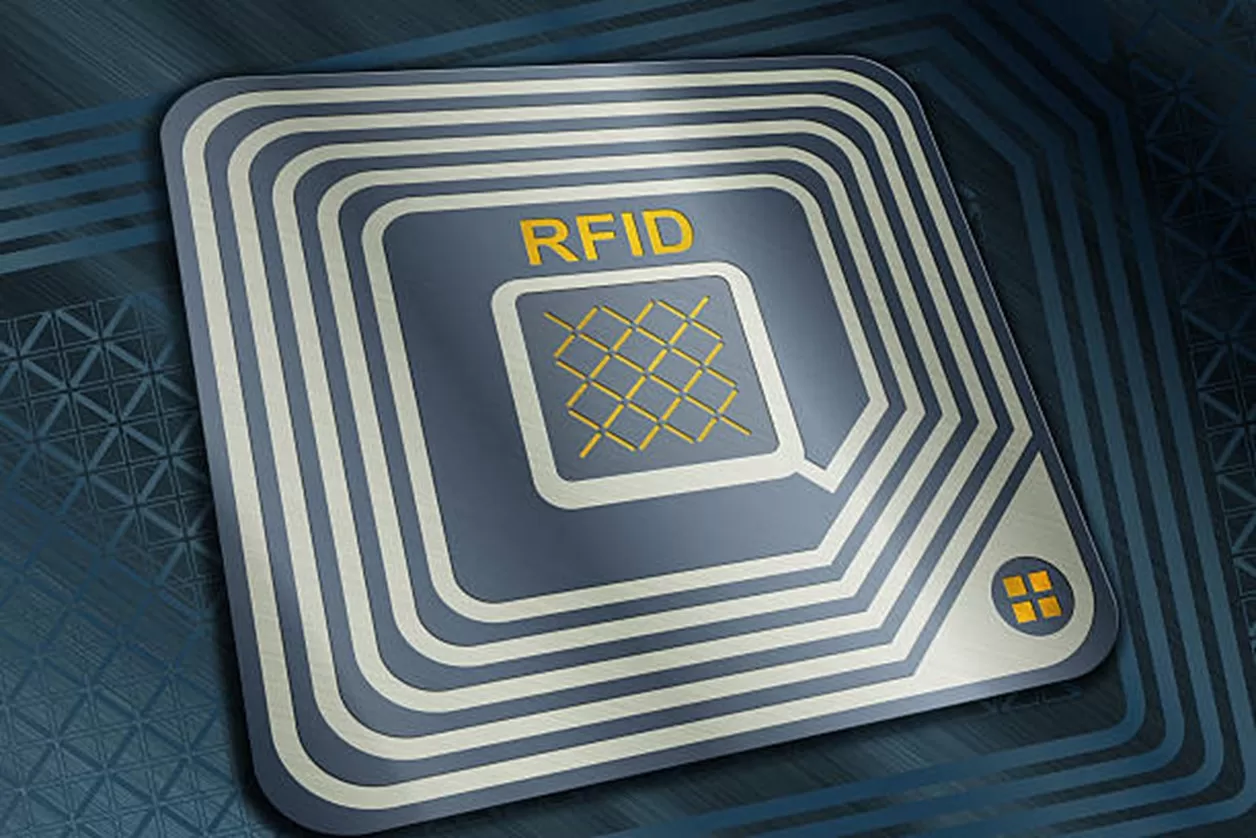Radio Frequency Identification (RFID) technology has witnessed significant adoption across various industries due to its ability to improve operational efficiency, improve traceability, and supply chain management. By 2032, the global RFID market is expected to reach USD 41.21 billion, driven by rising demand in sectors like retail, healthcare, logistics, and aviation. Let’s explore the latest insights and statistics highlighting RFID's adoption across key industries.
1. Retail Sector :
The retail industry continues to lead in RFID adoption, accounting for a significant portion of the market's growth. Major retailers like Zara, H&M, and Nike use RFID for inventory accuracy and efficient order fulfillment, contributing to a 12.2% Compound Annual Growth Rate (CAGR) in RFID use within the retail sector between 2024 and 2032. RFID helps with omnichannel offerings, such as Buy Online, Pick Up In-Store (BOPIS), and real-time inventory tracking, reducing out-of-stock situations by nearly 80% for some retailer.
2. Healthcare Sector :
Healthcare has emerged as another major adopter of RFID technology. The market for healthcare RFID tags is projected to grow rapidly, driven by the need for better patient tracking, inventory management, and medication administration. By 2026, RFID's adoption in healthcare is set to reach reach USD 5.08 billion, with a strong focus on patient safety and equipment tracking. RFID helps reduce medical errors by offering real-time tracking of surgical tools and patient data, improving overall hospital management.
3. Warehouses :
The warehouse RFID market is projected to experience substantial growth, reaching USD 23,561.8 million by 2034, with a compound annual growth rate (CAGR) of 10.8%, according to a report by Future Market Insights, Inc. This surge is driven by the increasing demand for efficient warehouse operations, where RFID is playing a crucial role in improving inventory accuracy, reducing manual labor, and streamlining overall processes. The integration of RFID with automation and IoT solutions is further boosting its adoption across the logistics and warehouse management sectors, enabling better scalability and operational efficiency.
4. Aviation :
RFID is making a significant impact in the aviation industry, particularly in baggage tracking. Airlines using RFID have seen a 13% reduction in mishandling rates, and loading times per aircraft turn have decreased by about four minutes. With these improvements, RFID technology is expected to become standard in airports globally, improving both customer satisfaction and operational efficiency.
5. Challenges and Opportunities :
While RFID adoption is growing, industries face challenges such as privacy concerns and data security. Consumers and regulatory bodies have raised concerns about the continuous data collection capabilities of RFID, especially in retail and healthcare. To address these issues, industries are focusing on building trust through better privacy safeguards. Additionally, the integration of RFID with IoT and Industry 4.0 continues to unlock new possibilities for automation, traceability, and smart asset management.

